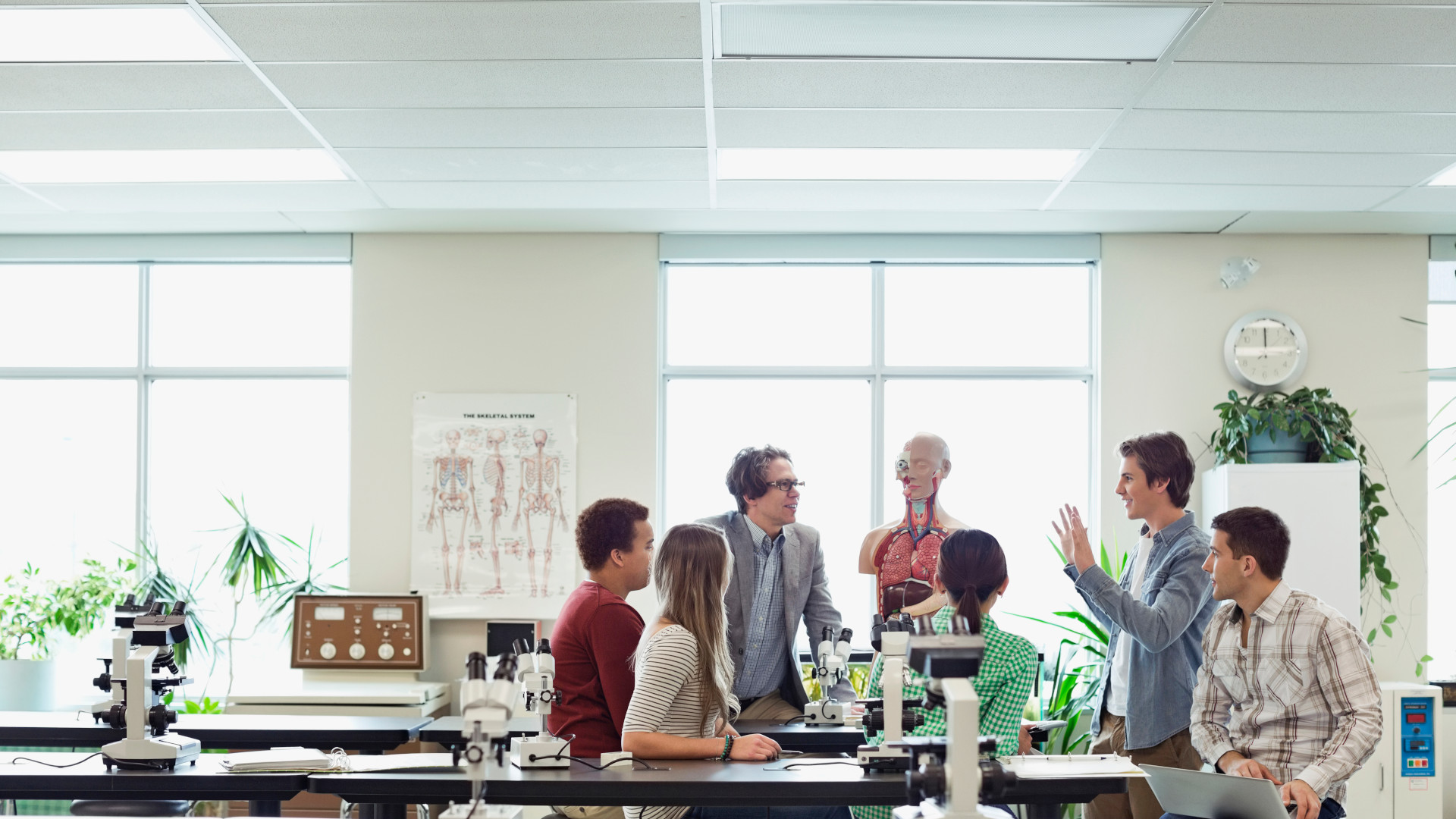Educating the Next Generation of Life Sciences Researchers on Human-Based Nonanimal Methods: The Physicians Committee’s Third Biennial Summer Immersion on Innovative Approaches in Science

At the end of May, we held our 2024 Summer Immersion on Innovative Approaches in Science at the Grand Hyatt Hotel in downtown Washington, D.C.
The conference was free-to-attend to ensure that cost would be no obstacle to anyone’s participation, further aided via generous travel grants from our sponsors to help young researchers get to the meeting.
This year’s three-day event saw 120 early-career researchers from the United States, and indeed all over the world, gathering to hear from a wide range of experts about exciting progress in biomedical science and toxicology testing, made possible by human-specific investigative methods. Attendees heard how research without animals is positively impacting all fields of medical research and testing, and how this is already benefitting humans as well as animals.
Attendees listened to scientists replacing animals in many areas, including: research to understand many different human diseases; pharmaceutical industry experts discovering, developing, and testing new drugs; researchers in the biotechnology industry developing new human-based research methods; and individuals working for organizations that fund biomedical research, like the National Institutes of Health. These speakers enthused attendees with the latest developments in research and testing methods, and in the varied and diverse application of these methods (as well as their increasing utilization and acceptance) in scientific endeavors worldwide.
Notable examples included the use of organoids—tiny 3D organs composed of human cells, often derived from specific patients—as well as computational technologies and the study of human tissues and biological samples to investigate diseases of the brain, the nervous system, and the lungs, and to more accurately predict the efficacy, safety, and potential side effects of new human drugs. Practical help was also made available, for example in securing funding for human-specific research, incorporating ethics into career pathways and strategies, overcoming bias towards animal research that is often encountered, and how Congress can be influenced to secure policy changes to move research away from animal use. Representatives of the NIH and the FDA were also present and spoke of the progress they felt was being made in their organizations to move research and testing away from the use of animals and toward greater human benefits.
Feedback and testimonials from the attendees were profoundly encouraging and positive. Importantly, this positivity, and the resulting conviction to pursue careers in animal-free science, don’t just affect the attendees. Summer Immersion participants go back to their laboratories and speak about it to their contemporaries, and enthuse their colleagues and their supervisors. Our Immersion events therefore influence biomedical researchers and scientists far and wide, beyond the events themselves. We are already looking forward to the next one.








